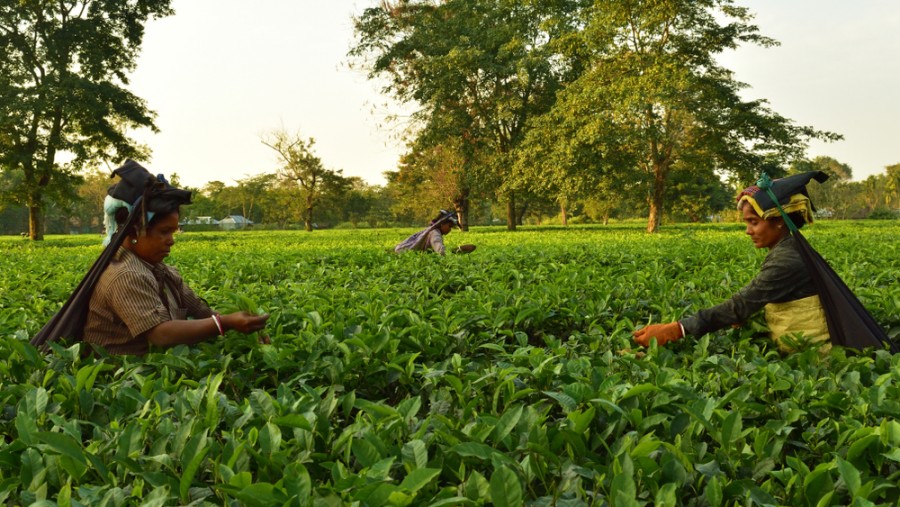A clutch of foreign investors from Europe is taking over the management control and picking up a bigger ownership of the largest tea producer of Darjeeling.
The Indian promoter, Sanjay Prakash Bansal and his family, will take a backseat in Darjeeling Organic Tea Estates Pvt Ltd (DOTEPL), which owns celebrated gardens such as Happy Valley and Ambootia, among others.
With 14 gardens under the kitty, the company’s estimated crop from Darjeeling stands at about 1.5 million kg, a little over 15 per cent of the entire annual production of the hills.
The overseas investors from Switzerland and Germany are being led by Artava AG and Auwa GmbH, who are called the ODAT Group.
Even though some of them had invested in the DOTEPL for a while now, Bansal was at the helm as the chairman and managing director with a significant holding.
Bansal has now stepped down from the post, stopped managing the company actively and Rembert Johannes Biemond, a nominee of one of the overseas investors, is set to become the non executive chairman of the reconstituted board. Bansal and his family members will not be on the board even as they will continue as a small shareholder.
A communication from the company to its key stakeholders suggested that the move was required to ring-fence DOTEPL from financial difficulties being faced by Bansal’s other business ventures.
“We had to take the step of changing ownership of the company because the company was facing extreme financial difficulty and lacked professional management; also the company needed fresh investments to operate smoothly. Unfortunately, other companies of the Bansal family had come into financial difficulties and without intervention and support, DOTEPL was facing the danger of being dragged along,” a letter sent out by acting chairman Biemond, read.
In June this year, the company proposed a rights issue of zero coupon compulsorily convertible preference shares to be subscribed by the overseas entities, including Artava and Auwa, bringing fresh capital to the DOTEPL and further raising stake in the privately held company .
A change in ownership and management control will make DOTEPL the second such planter in Darjeeling with a foreign holding.
The world’s largest bulk tea producer Camelia Group Plc and its Indian subsidiary Goodricke Group own and manage some of the top gardens in Darjeeling such as Castleton, and Margaret’s Hope. When contacted by The Telegraph, Biemod declined to go into details pointing out that the process of transfer is still on but explained the rationale for the investment.
“In general the investor group believes strongly in certified organic agriculture and in the future of organic certified Darjeeling tea, despite some issues during the last years. The company will strive to continue to be the top exporter of high quality organic certified Darjeeling tea,” Biemond told this newspaper.
The shake up takes place in a year Darjeeling — which produces the finest of teas — will see production drop by 20 per cent, induced by the lockdowns.
The Darjeeling Tea Association apprehends production to barely touch 7 million kg and exports may range between 3-3.5 million kg.
The most sought after first and second flush teas, which are plucked in the summer months, are mostly exported. The lockdown dented the production to a large extent.
In a good year, the 80 gardens in Darjeeling produce around 8.5 million kg tea and export 5-5.5 million kg tea, mostly to Europe and Japan. Darjeeling tea received protected geographical indication status in Europe from 2016.
Fresh investment by the European investors suggest that Darjeeling tea could look for a brighter future despite high cost structure, low yield and competition from cheaper variety teas, especially from Nepal, industry observers say.

